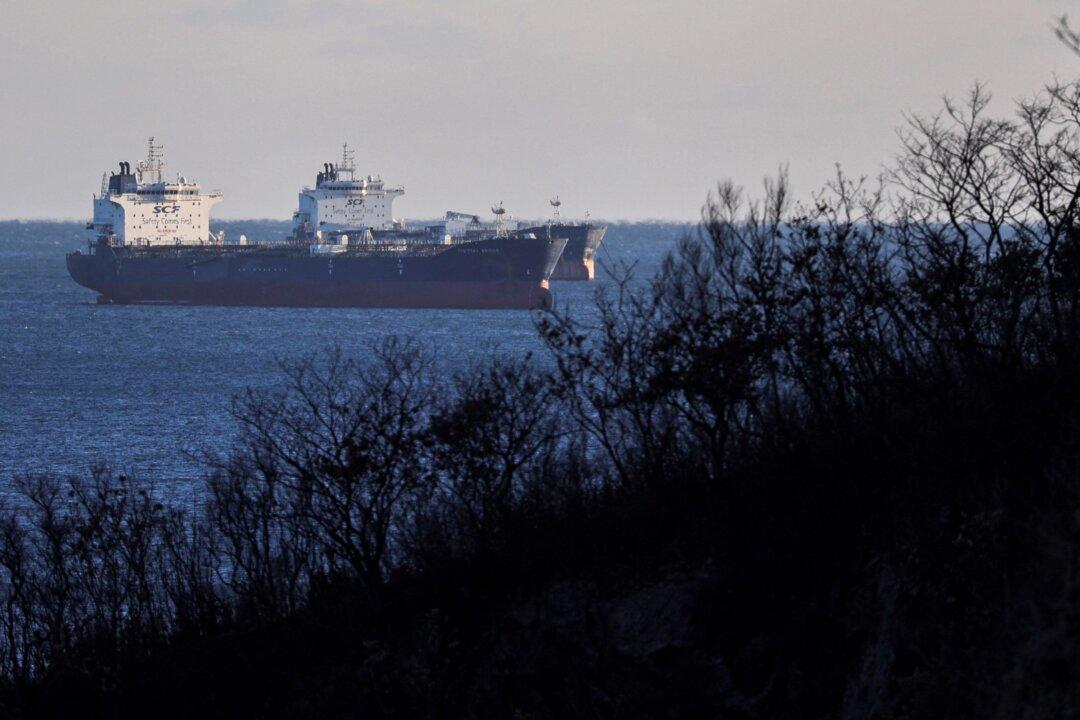LONDON—Russia said on Monday that a Western price cap on its oil would destabilize global energy markets but would not affect its ability to sustain what it calls its “special military operation” in Ukraine.
Kremlin spokesman Dmitry Peskov said Russia was preparing its response to Friday’s move by the G7 and allies, which was aimed at squeezing Moscow’s energy revenues and reducing its ability to wage war.





